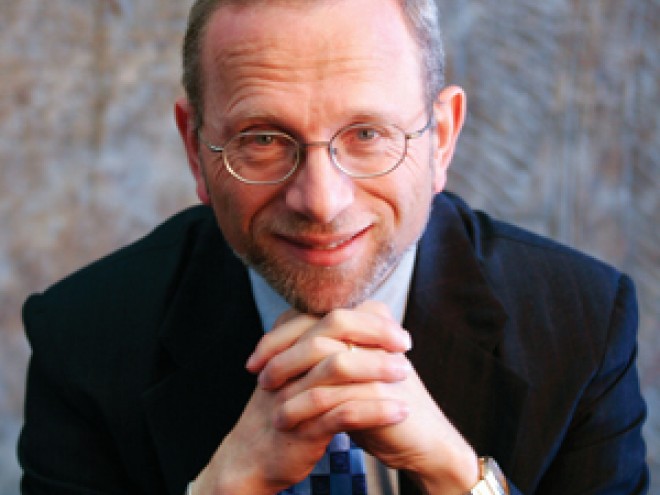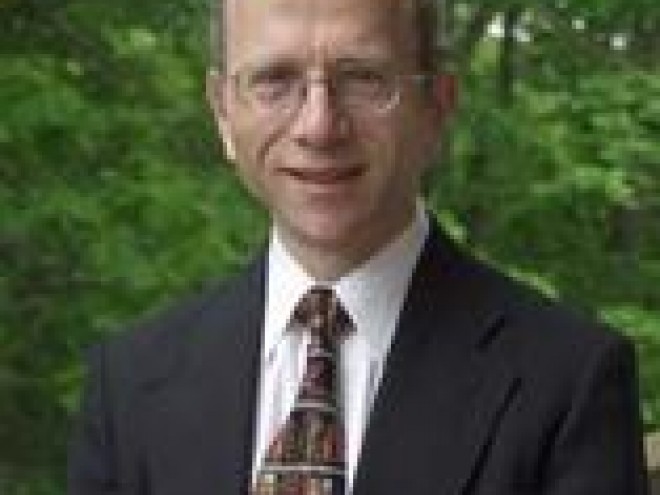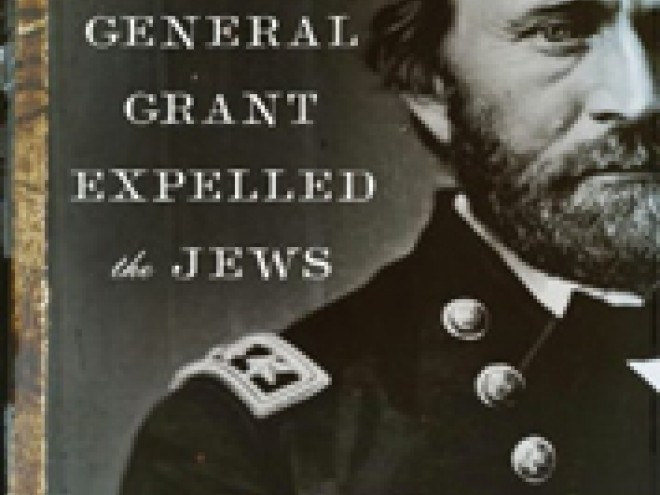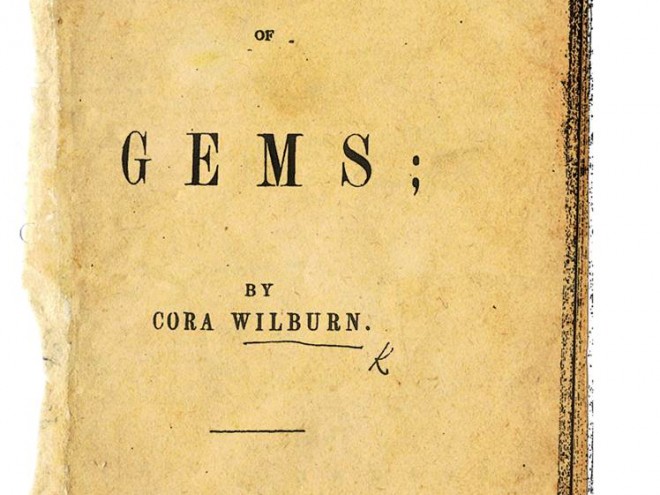New Essays in American Jewish History is a joyous “festschrift” celebrating the sixtieth anniversary of the founding of the American Jewish Archives (AJA) and the tenth anniversary of Gary P. Zola as its director. That position was held for many years by the indefatigable and visionary founder of AJA, the historian Dr. Jacob Rader Marcus.
This anthology of twenty-two articles represents, as the book flap jacket suggests, “the best in modern American and Jewish scholarship” and a “scholarly benchmark in the growing field of American Jewish studies.” The topics are far-ranging, from synagogues in Suriname to changing practices among the modern Orthodox in North America. The common thread is that the reader will gain new insights into the Jewish experience in South and North America.
I have singled out three articles that illustrate the joy of scholarly discovery the reader will experience.
“A Land That Needs People to Increase: How the Jews Won the Right to Remain in New Netherland” by Paul Finkelman provides an analysis and a nuanced view of a familiar topic — the role of the Jews in New Amsterdam. We have all heard how Peter Stuyvesant was thwarted from turning away the 26 Portuguese Jews who landed in New Amsterdam in 1664 by the efforts of the sizable number of Jewish investors in the Dutch West India Company (WIC). As Finkelman points out, that traditional account is misleading. The situation was far more complex.
At the time of the arrival of the refugees, Jewish investment represented only 1.27 percent of the initial capitalization of the WIC. Jewish investors made up only 4 percent of the investors. Stuyvesant did make anti- Semitic statements but his major reason for turning away the Jews, and other religious groups, was to maintain stability in the colony. He was “opposed to the arrival of anyone who was not Dutch.” Stuyvesant was far more anti-Quaker and anti-Lutheran and virulent in his efforts to prevent them from joining the colony. Finkelman also documents the critical role the Jews played in the economic development and in laying the foundation of religious and cultural toleration that have become hallmark aspects of New York.
Shuly Rubin Schwartz’s essay, “Henrietta Szold: The Making of an Icon,” reflects the anthology’s attention to the critical role women have played in shaping American Jewish history. Schwartz describes the strategic efforts of Hadassah to achieve recognition for its founder, Henrietta Szold (1860 – 1945). Their efforts culminated with the induction of Szold into the National Women’s Hall of Fame in 2007, along with 217 other outstanding American women. This insured that Szold’s monumental achievements would be acknowledged by a broader audience.
The essay “Robert King Merton, his Science, and the Promise of the Enlightenment” by Samuel Haber illustrates the “behind the scene” information many of the articles provide. Robert K. Merton (1910 – 2003) is not a well-known figure. And yet in the social sciences, he is one of the great theoretical figures. His groundbreaking work on the structure of science, deviance, social institutions, and social stratification are cited in every introductory and theoretical sociology course.
The Haber article traces Merton’s life beginning with his economically impoverished childhood, as Meyer R. Schkolnick, through to his stunning academic successes under his new legally changed name, Robert King Merton. Merton changed his name at 19 years old, to try to avoid encountering the rampant academic anti-Semitism of the period. He attended Temple University and then Harvard graduate school on full scholarship. Haber traces the intellectual roots of Merton’s brilliant work and discusses the importance the Enlightenment and his cultural background played in shaping his ideas. Endnotes, glossary, index, illustrations.
Join a community of readers who are committed to Jewish stories
Sign up for JBC’s Nu Reads, a curated selection of Jewish books delivered straight to your door!





